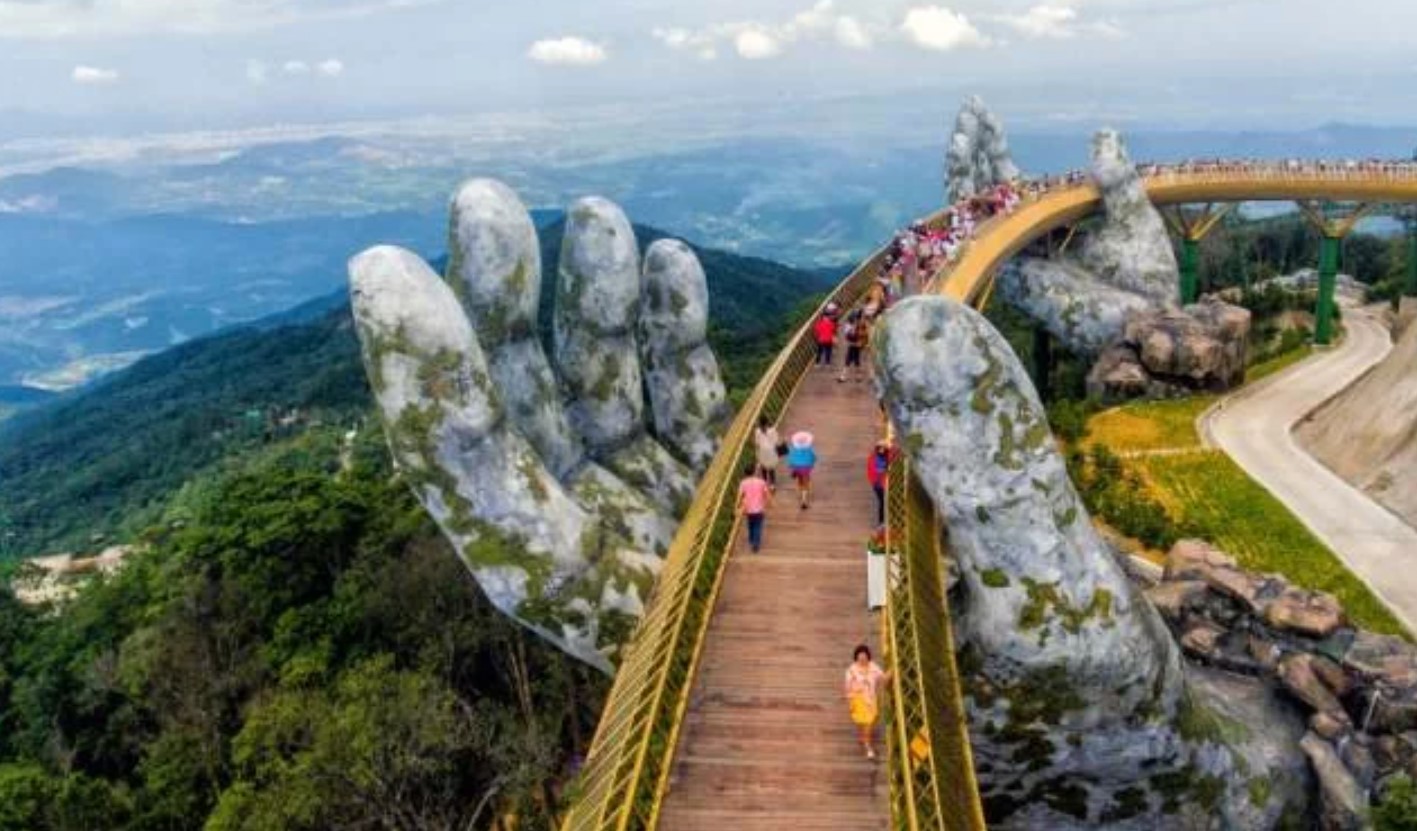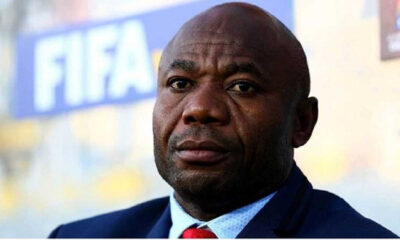Have you ever dreamt of living in a country where all your living expenses are under $1,000?
Well, if you have, then you’ll be pleased to know that the countries listed below offer exactly that!
This list has been created based on accommodation and living expenses per month, for a single person living on their own…Click Here To Continue Reading>> …Click Here To Continue Reading>>
From countries in the Far East to tropical paradises in Central America, these are the 10 cheapest countries to live in worldwide.
Enjoy!
The 10 Cheapest Countries to Live in Worldwide
The list of countries and figures mentioned below have been compiled from various sources around the web, such as Forbes, Wikipedia & Nomad List.
These are the 10 cheapest countries to live in worldwide:
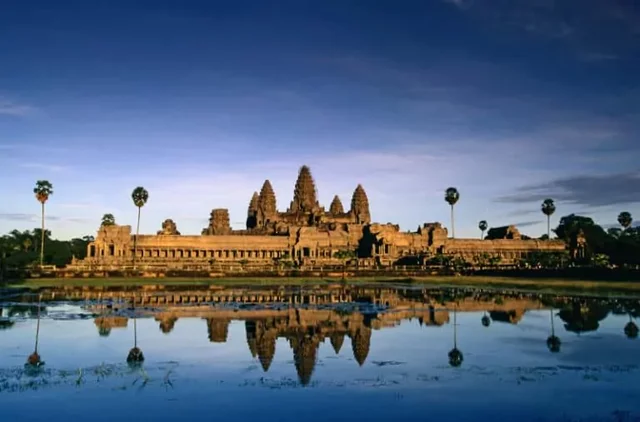
Kicking off our list of the cheapest countries to live in worldwide, is Cambodia.
Cambodia is centrally located in South East Asia and is also known as “Kampuchea, or the Kingdom of Cambodia.
It’s approximately 181,035 square kilometres in area and borders Thailand, Laos, Vietnam & The Gulf Of Thailand.
Cambodia’s capital city is Phnom Penh and its total population is around sixteen million people.
Overall, the cost of living in Cambodia is very cheap, costing under $1,000 a month.
Renting a small one-bedroom studio apartment in one of the cheapest cities in Cambodia, Sihanoukville, will cost you around $246 a month, or $32 a night in an Airbnb.
The currency in Cambodia is called “Riel” (KHR), and roughly 97.7% of the population practice Buddhism.
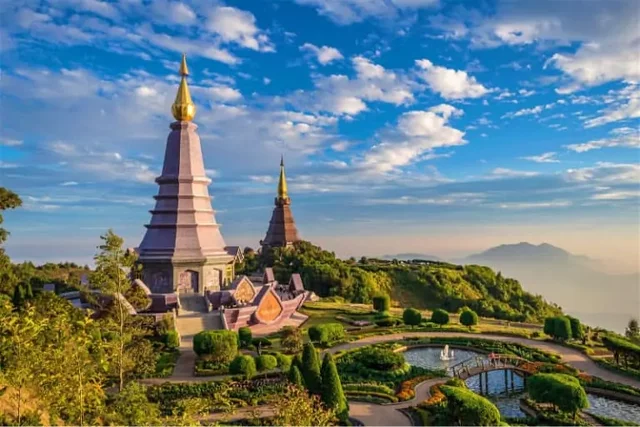
Thailand is the ninth cheapest country to live in worldwide.
Officially called The Kingdom of Thailand, and previously called Siam, Thailand is a country located in the centre of South-East Asia and has 76 provinces.
At over 513,120km², Thailand is the fiftieth largest country in the world, with a total population of just over sixty-nine million people.
A one-bedroom studio apartment in one of the cheapest cities, Udon Thani, will cost you around $199 a month, or $40 a night in an Airbnb.
Thailands capital city is Bangkok, the currency is Thai Baht and 94.50% of the population are Buddhists.
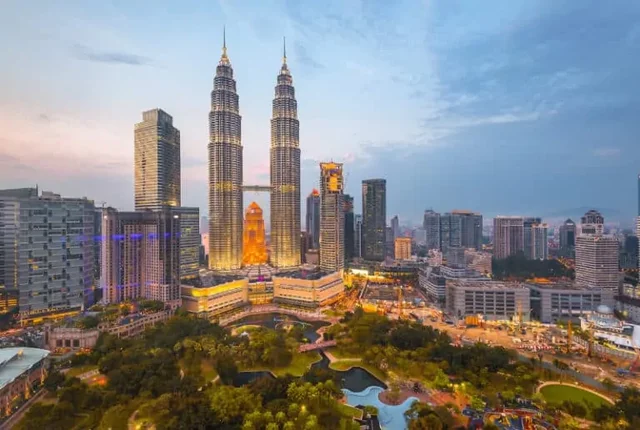
Next on the list is Malaysia, costing as little as $588 a month for basic accommodation and living expenses.
Like the previous two countries, Malaysia is also located in South East Asia, and borders, Singapore, Thailand, Vietnam and Indonesia.
Malaysia consists of thirteen states and three federal territories, which are separated by the South China Sea into two regions.
The regions, the Peninsular of Malaysia and East Malaysia, are of similar size and the total area of Malaysia is 330,803km².
Malaysia’s has a total population of 31.6 million people and Kuala Lumpur is its capital city.
When booking accommodation, you’ll be looking at spending around $209 a month for a one-bedroom apartment in one of the cheapest cities, like Kota Kinabalu, or $35 a night for an Airbnb.
In Malaysia, you can enjoy a beer for around $1,57, a coffee for $0.60 and a basic meal out dinner out for $1.69.
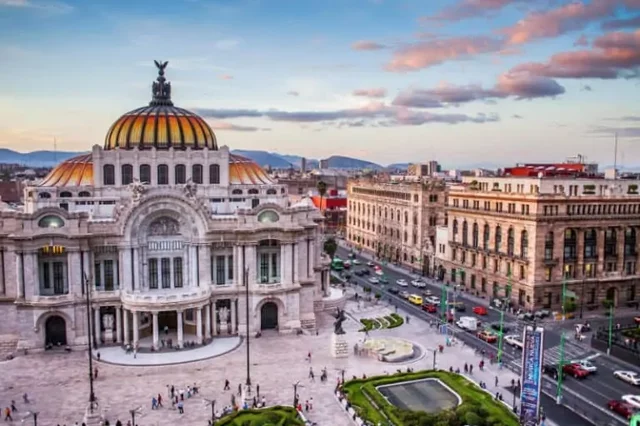
Mexico can be found in the southernmost portion of the United States.
As well as boarding the U.S., it also borders the Pacific Ocean, Guatemala, Belize, the Caribbean Sea and the Gulf of Mexico.
Mexico is the fifth-largest nation in the Americas, covering an approximate 2,000,000 km², and the thirteenth-largest state.
It has a current population of just over 129 million people and Mexico City is its capital.
83% of the population is Catholic and Mexico’s currency is Pesos (MXN).
A month in a one-bedroom studio apartment, in one of the cheapest cities in Mexico, Queretaro, will cost you around $256 a month, or $24 a night in an Airbnb.
When it comes to the essentials, like beer, coffee and eating out, you’re looking at spending around $1.54 for a beer, $1 for a coffee and $3.10 for a meal out.
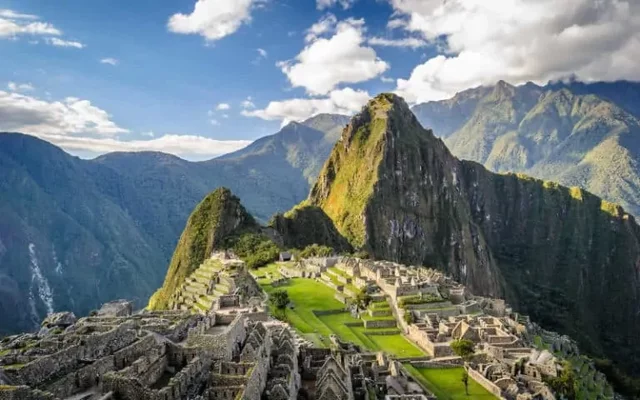
The sixth cheapest country in the world to live in is Peru.
For an average living cost of around $543 a month, this Spanish speaking country is well worth checking out if you’re looking for a cheap place to live.
Peru is a country located in the western part of South America. It borders, Ecuador, Colombia, Brazil, Bolivia, Chile and the Pacific Ocean.
Its current population is 32.17 million people, spread over a total area of 1,285,216 km².
73.7% of its population is Roman Catholic and the Peruvian currency is Sol (Pen). READ FULL STORY HERE>>>CLICK HERE TO CONTINUE READING>>>
When booking your accommodation, you’ll be looking at spending around $198 a month for a one-bedroom apartment in the city centre, or $24 a night for an Airbnb. These prices are based on the city of Arequipa.
Whilst you’re there, you going to need to eat and drink. A normal size beer will cost you around $1.47, a coffee is approximately $0.98 and a meal out can be as little as $2.94.
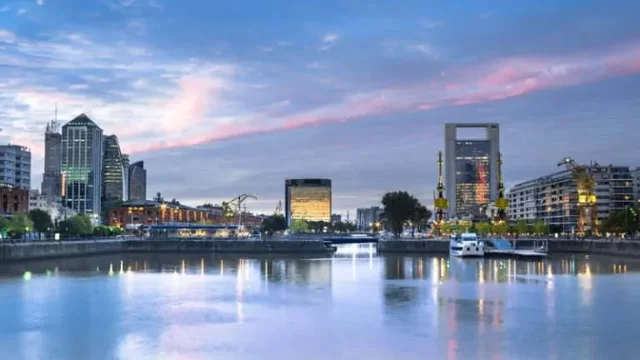
Coming in at number five on our list is Argentina.
A mere $542 a month can get a single person accommodation and living expenses for a whole month in one of the cheapest cities in Argentina, Salta.
Argentina is another Spanish speaking country, located in the southern half of South America.
It borders, Chile, Bolivia, Paraguay, Brazil, Uruguay, the South Atlantic Ocean and the Drake Passage.
Argentina is the eighth-largest country in the world and the second largest after Brazil, with a total population of just over 44 million people and covering a mainland area of 2,780, 400 km².
If you’re considering living in Argentina, as it’s one of the cheapest countries in the world; then you’ll be pleased to know that you can get a one-bedroom apartment for $100 a month, or roughly $27 a night depending on the time of year. This will be located in the city of Salta.
A meal out will cost you approximately $1.70, beer is around $0.80 and coffee is roughly $0.55.
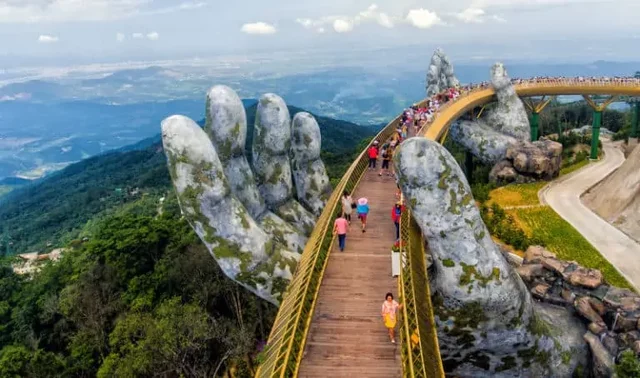
Vietnam will cost you all of $500 to live in for an entire month, as it’s one of the cheapest countries in the world by far.
It’s the easternmost country on the South-East Asian Indochinese Peninsula and shares borders with China, Laos and Cambodia.
Vietnam has approximately 95.5 million people living across a total of 331,212 km².
Its capital city is Hanoi, but Ho Chi Minh city is its most populated city.
When choosing a place to stay in Vietnam, the cheapest city, Nah Trang, will cost you around $259 a month for a one-bedroom apartment in the city, or $24 a night in an Airbnb.
All your other essentials like food, beer and coffee will cost approximately, $0.58 for a coffee, $0.86 for a beer and $1.73 for a meal out.
There are lots of cheap things to do to keep you busy in Vietnam, and once you’ve been living there for a while, like most places on the list, you’ll probably be able to find even cheaper accommodation and activities.
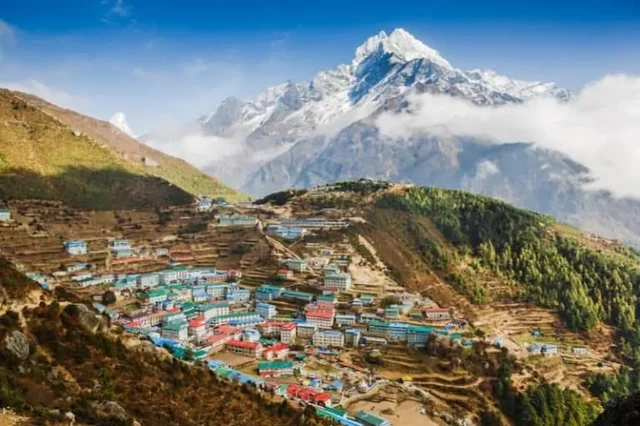
Breaking the $500 a month mark is Nepal, which is the third cheapest country to live in worldwide.
Nepal is located in South-East Asia, mainly in the Himalayas, but also includes parts in the Indo-Gangetic Plain.
It has a total current population of 29.3 million people living across a total landmass of 147,181km².
Bordering China and India, Nepal is the forty-eighth largest country by population and the ninety-third largest country by area in the world.
$164 will get you a one-bedroom studio apartment in one of Nepal’s cheapest cities, Pokhara; or you’ll spend approximately $23 a night in an Airbnb.
One beer will cost you around $1, coffee is approximately $0.73 and a meal out can cost around $2.08.
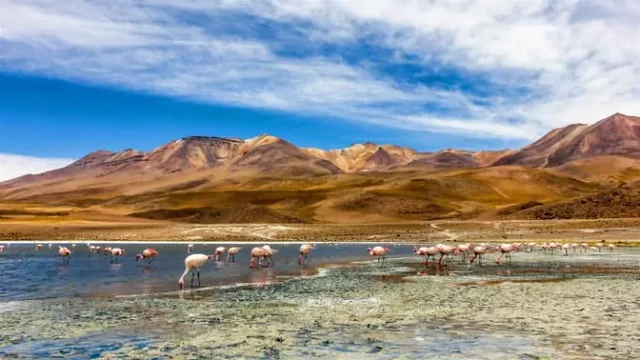
Bolivia is a landlocked country, located in the western part of South-America.
Its current population is approximately 11.05 million people living across a total area of 1,098,581km².
The capital city of Bolivia is Sucre, and Bolivia is made up of a multiethnic society, including, American Indians, Africans, Asians, Europeans and Mestizos.
Bolivia is the fifth largest country in South America and the 27th largest country in the world.
For those of you that speak Spanish, you’ll be pleased to know that Spanish is the official and predominant language of Bolivia; however, there are also thirty-six other indigenous languages spoken in the country.
A one-bedroom studio apartment in La Paz, one of the cheapest cities in Bolivia, will cost you around $145 a month, or $23 a night in an Airbnb.
Both beer and coffee are around about $1 each, and you certainly won’t break the bank when eating out, as a typical meal will cost you all of $2.

The cheapest place to live in, worldwide, is Indonesia.
Indonesia, or the Republic of Indonesia, is located between the Indian and Pacific oceans, in South-East Asia.
Home to approximately 17,000 islands, it’s the worlds largest island country and has a total population of 264 million people, which also makes it the worlds 4th most populated country.
There are certain places in Indonesia, like Bali and Jakarta that are more comparable on price to other major western cities around the world.
However, places like Senggigi in Lombok can provide you with accommodation and living expenses for as little as $340 a month.
You’re looking at paying approximately $142 a month for a one-bedroom studio apartment, or $12 a night for a hotel.
The luxury essentials like beer, coffee and coconuts cost as little as $0.89 for a beer, $0.10 for a coconut, $0.71 for coffee and $1.77 for a meal out.
Indonesia is the cheapest country to live in worldwide.

